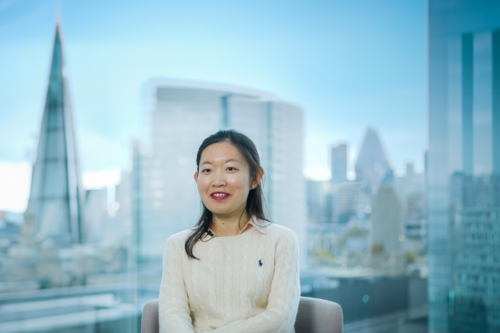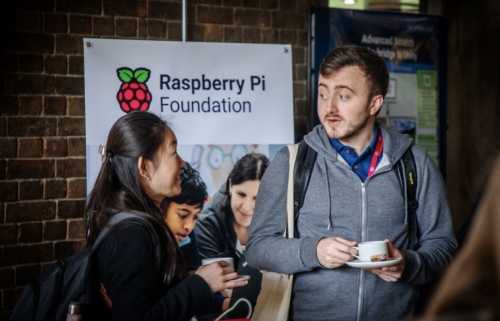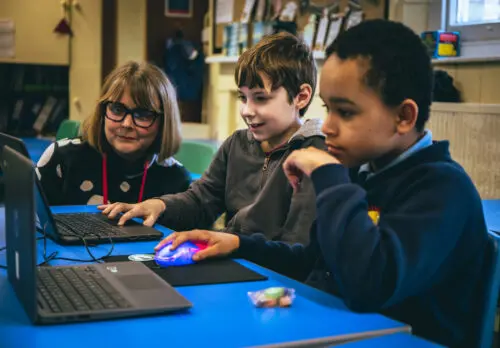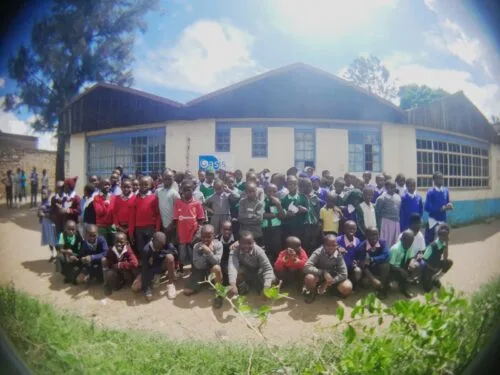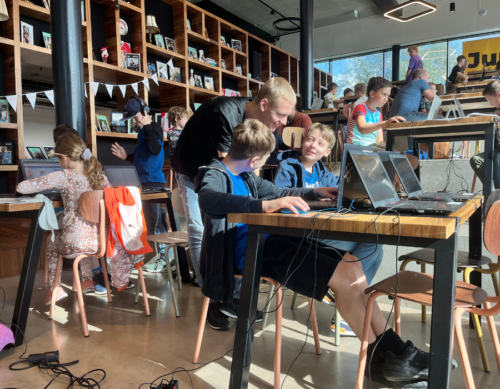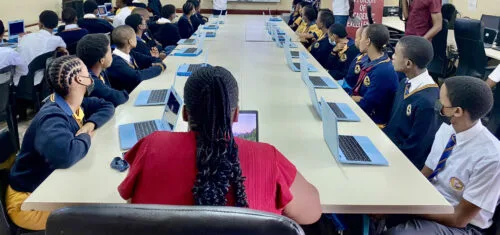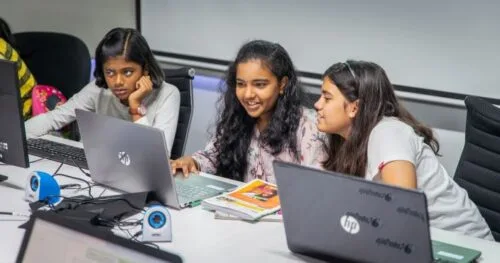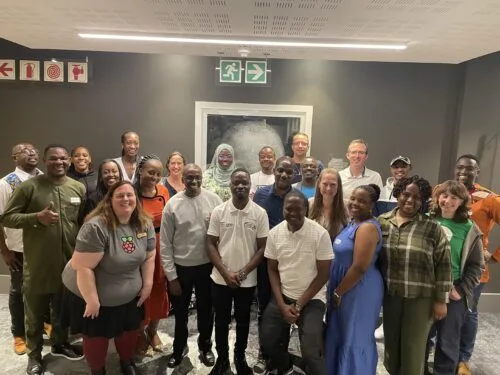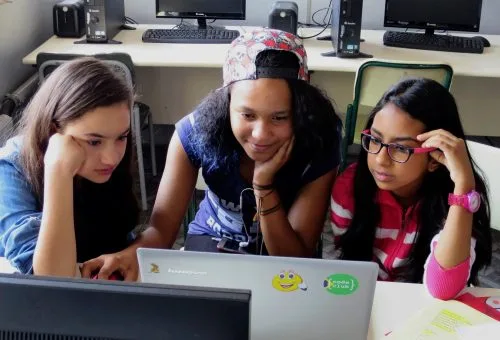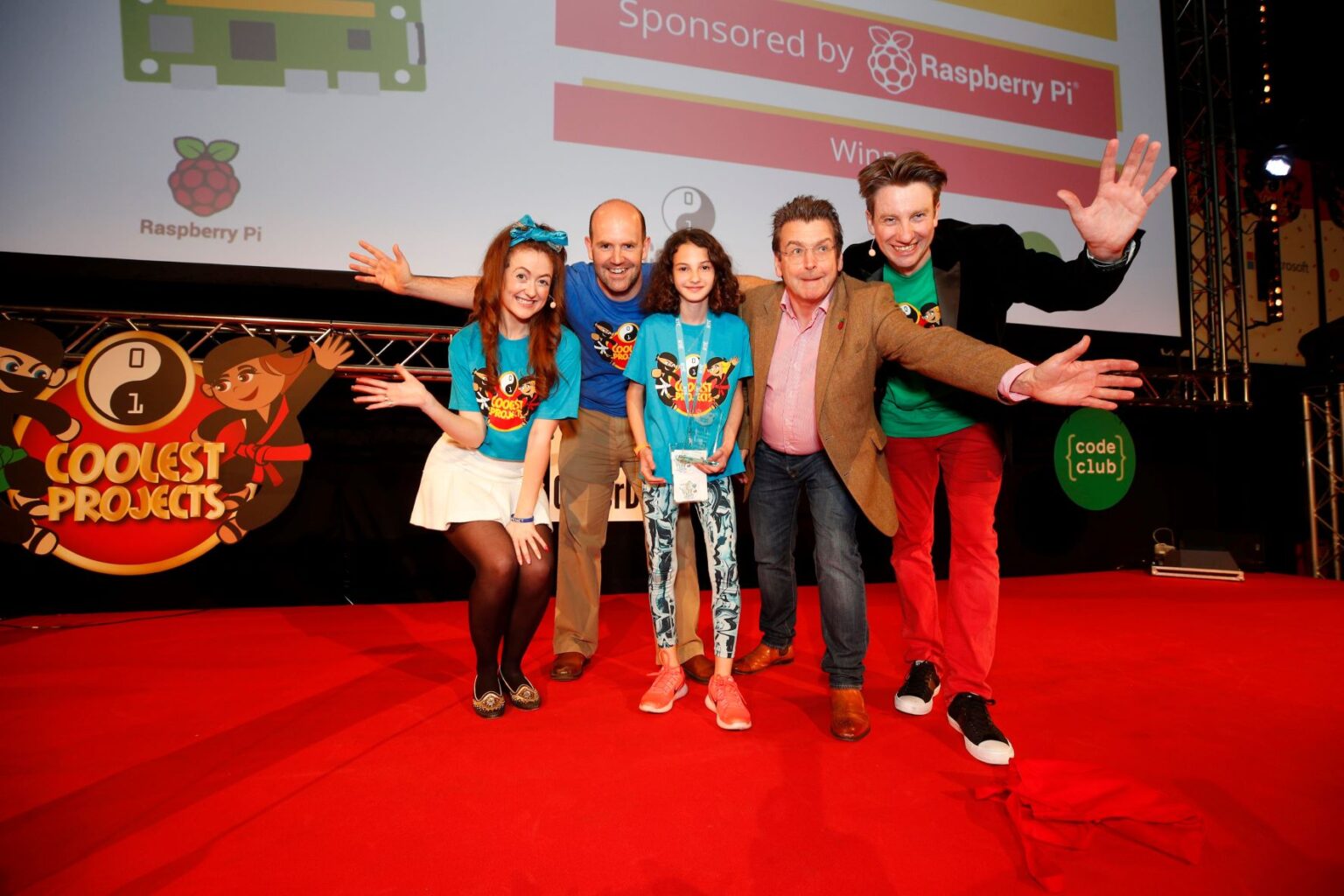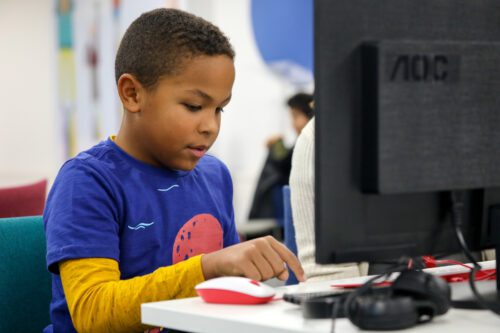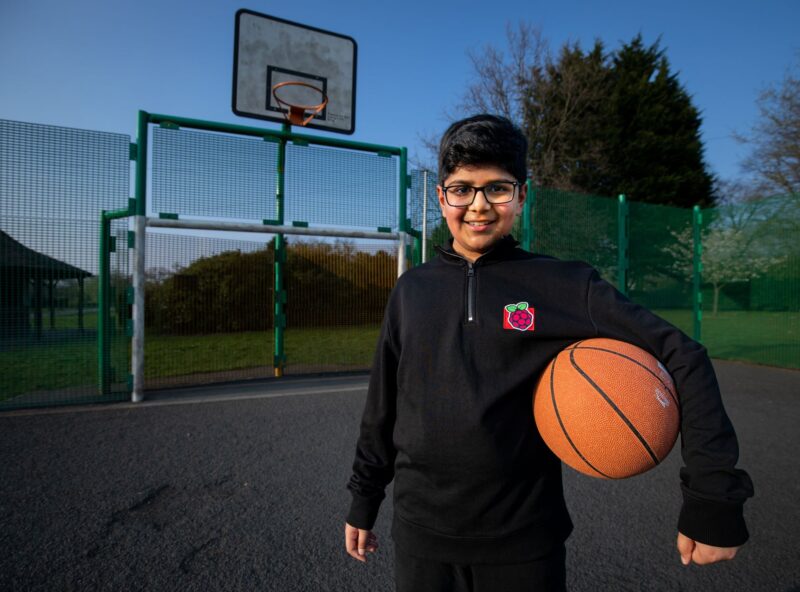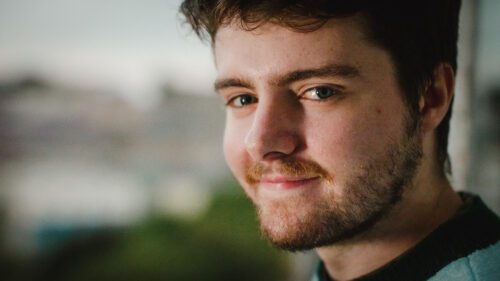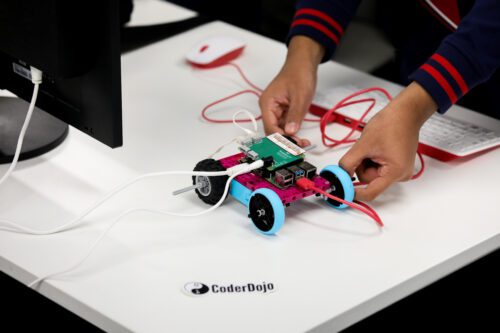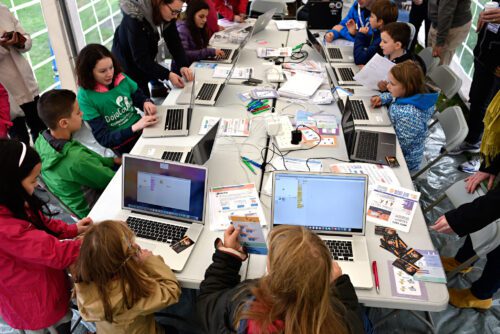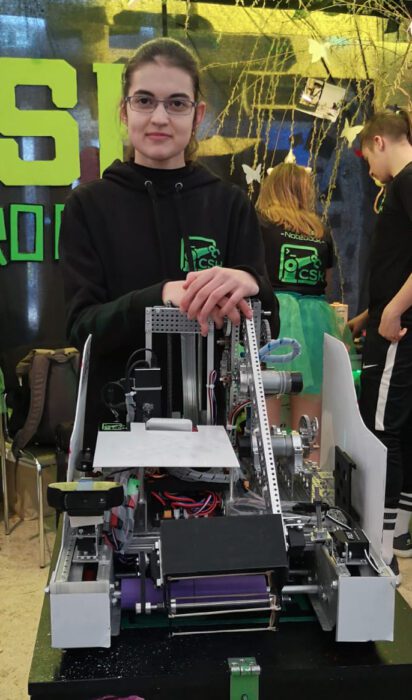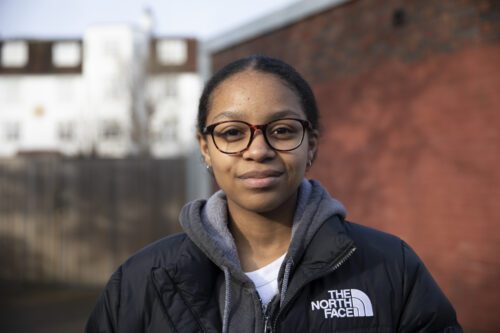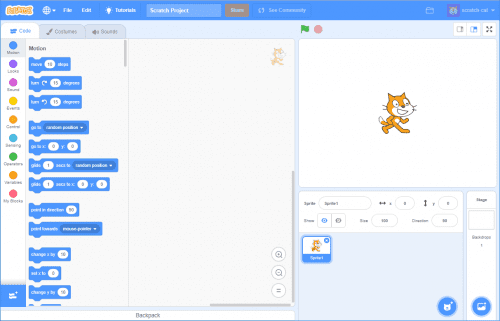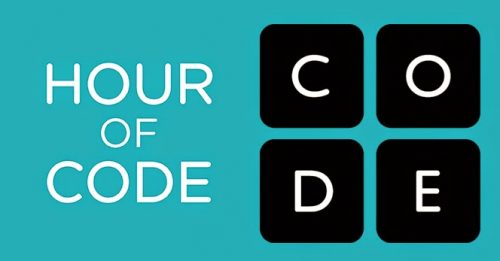Schlagwort: CoderDojo
-

The Clubs Conference is coming back
Reading Time: 3 minutesFollowing the huge success of last year’s Clubs Conference, we are delighted to announce that we will be hosting the second-ever Clubs Conference on Saturday 30 November and Sunday 1 December 2024 in Cambridge, UK. The event will be a weekend of learning and connecting for volunteers and educators involved in Code…
-

Gaining skills and confidence: The impact of Code Club and CoderDojo
Reading Time: 4 minutesThrough Code Club and CoderDojo we support the world’s largest network of free informal computing clubs for young people. Code Club is a global network of after-school coding clubs for learners aged 9 to 13, where educators and other volunteers help young people learn about coding and digital making CoderDojo is a…
-

Global Impact: Empowering young people in Kenya and South Africa
Reading Time: 5 minutesWe work with mission-aligned educational organisations all over the world to support young people’s computing education. In 2023 we established four partnerships in Kenya and South Africa with organisations Coder:LevelUp, Blue Roof, Oasis Mathare, and Tech Kidz Africa, which support young people in underserved communities. Our shared goal is to support educators…
-

Fostering collaboration in the Global Clubs Partner network
Reading Time: 4 minutesWe partner with educational organisations around the world to bring coding activities to young people in their regions through Code Club and CoderDojo. Currently involving 52 organisations in 41 countries, this Global Clubs Partner network shares our passion for empowering kids to create with technology. Learners in a Code Club run by…
-

What is the impact of attending a Code Club or CoderDojo?
Reading Time: 5 minutesWe support two networks of coding clubs where young people around the world discover the countless possibilities of creating with digital technologies. Young people in a CoderDojo in India. Code Club is a global network of after-school coding clubs for learners aged 9 to 13, where educators and other volunteers help young…
-

Creating connections at our 2023 Africa partner meetup
Reading Time: 3 minutesWe partner with organisations around the world to bring coding activities to young people in their regions through Code Club and CoderDojo. Currently involving 54 organisations in 43 countries, this Global Clubs Partner network shares our passion for educating kids to create with technology. We work to connect our Global Clubs Partners…
-

Welcome, new partners: Growing the global impact of Code Club and CoderDojo
Reading Time: 5 minutesIncreasing access to computing education is a global challenge, and at the Raspberry Pi Foundation we take a global approach in addressing it. One way we do this is to partner with organisations around the world and support them to introduce Code Clubs and CoderDojos in their local or national communities. Code…
-

Bringing computing education research to a new global audience
Reading Time: 3 minutesA network of more than 40 partner organisations in over 30 countries works with us to grow and sustain the worldwide Code Club and CoderDojo networks of coding clubs for young people. These organisations, our Global Clubs Partners, share our mission to enable young people to realise their potential through the power…
-

Clubs Conference 2023: Ideas and tools for CoderDojos and Code Clubs
Reading Time: 4 minutesOn 24 and 25 March, more than 140 members of the Code Club and CoderDojo communities joined us in Cambridge for our first-ever Clubs Conference. At the Clubs Conference, volunteers and educators came together to celebrate their achievements and explore new ways to support young people to create with technology. The event…
-

Celebrating the community: Selin
Reading Time: 4 minutesWe are so excited to share another story from the community! Our series of community stories takes you across the world to hear from young people and educators who are engaging with creating digital technologies in their own personal ways. Selin and her robot guide dog IC4U. In this story we introduce…
-

How do I start my child coding?
Reading Time: 6 minutesYou may have heard a lot about coding and how important it is for children to start learning about coding as early as possible. Computers have become part of our lives, and we’re not just talking about the laptop or desktop computer you might have in your home or on your desk…
-

The Raspberry Pi Build HAT and LEGO® components at our CoderDojo
Reading Time: 6 minutesAs so many CoderDojos around the world, our office-based CoderDojo hadn’t been able to bring learners together in person since the start of the coronavirus pandemic. So we decided that our first time back in the Raspberry Pi Foundation headquarters should be something special. Having literally just launched the new Raspberry Pi…
-

Celebrate CoderDojo’s 10th birthday with us!
Reading Time: 5 minutesWe are inviting you all to a very special event this week: the CoderDojo team is hosting a 10th birthday livestream to celebrate the CoderDojo community and all that they have achieved over the last ten years. Everyone is welcome, so mark your diary and make sure you and your favourite young…
-

Real role models for International Women’s Day 2019
Reading Time: 4 minutesThe Raspberry Pi Foundation’s mission is to bring computing and digital making to everyone. Tackling the persistent gender imbalance in technology is a crucial part of this undertaking. As part of our work to increase the number of girls choosing to learn how to create with technology, we are marking International Women’s…
-

Scratch 3, and upgrading our free resources
Reading Time: 3 minutesOn 2 January, MIT released the latest version of their incredible visual programming language: Scratch 3! Scratch 3 is here We love Scratch — it’s the perfect starting point for young people who want to try coding, and we’re offering a huge variety of free Scratch project guides for all interests and…
-

Take part in Hour of Code 2018
Reading Time: 3 minutesEvery year for the last five years, Hour of Code has encouraged school students to spend just one hour writing some code, in the hope that they get bitten by the bug rather than generating too many bugs! This year, you can find activities from the Raspberry Pi Foundation, Code Club, and…
